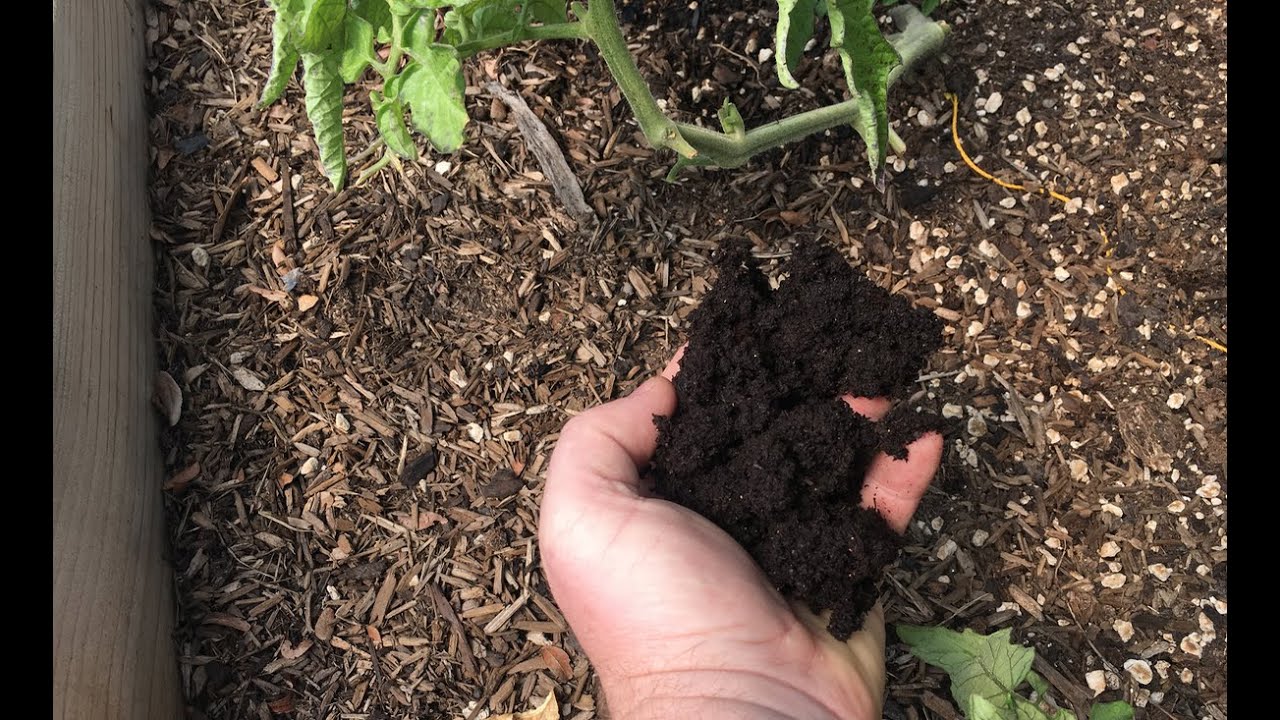Worms play an important part in soil construction and recycling of organic and natural waste. These are an integral part of a network of organisms that turn refuse into nutrient rich soil. These nutrients are one of the benefits of garden worms to plant growth. Worms in gardens also perform cultivation functions that increase soil porosity and invite oxygen to find yourself in roots. Encourage earthworms in soil or even try worm composting to see the life-giving ramifications of worm castings.
Earthworm Benefits
Worms tunnel in soil and eat organic and natural matter, which they excrete as castings. Worms abound in soils that are around 70 degrees Fahrenheit (21 C.). Any extremes of cold, heat or moisture aren’t best for worm activity. Worms in gardens are most active when soil is moderately moist and warm. Their tunneling behavior accentuates the percolation of water to the soil. They also loosen soil so oxygen and aerobic bacteria can get into plant roots. Looser soils also allow plant root base to penetrate deeper and access more resources, which builds bigger, healthier plants. One of the primary advantages of garden worms is their ability to carefully turn garbage into fertilizer. Visit this website to get more insight Worm Composter
Worms in Gardens and Lawn Areas
The fertilizer the worms provide is also known as castings. Technically, this is worm poop, derived from their processing of organic and natural waste. The castings are excellent sources of nutrients for plants, but may pose a nuisance in yards. That is a form of worm composting. Earthworms in grass leave casting hills, or mounds, that are visually unappealing and could pose a vacation hazard. The benefits associated with garden worms far outweigh this minor inconvenience, however. Consider that if there are 5,000 worms within an acre of soil, they can produce 50 tons of beneficial castings.
Encouraging Earthworms in Soil
Avoid deep tilling to prevent damage to everlasting earthworm burrows. “Feed” your worms by providing layers of organic and natural munchies to enable them to eat. These might be grass clippings, leaf litter or other natural compostable items. Usually do not use pesticides, which can kill entire populations of worms in gardens. You may also transplant a couple of shovels packed with soil loaded with worms to areas with some of the organisms. They will soon populate the area. Worm eggs are also available at some nurseries and online. Vermicomposting will also encourage these beneficial creatures to your garden.
Worm Composting
You can use these recycling talents on your kitchen scraps. Red wigglers and redworms will be the organisms of choice for worm composting, also known as vermicomposting, which is performed in a bin. Earthworms aren’t the ideal choice – they are diggers and will try to get out. Placid red wigglers will turn your kitchen scraps into compost quickly and also provide compost tea for plants that want extra babying. Line a bin with newspaper or shredded organic and natural material and layer in good quality compost. Add finely cut kitchen scraps, add worms, and cover with a light dusting of soil. Keep carefully the compost lightly moist and put a lid on with air holes punched set for the worms. As they compost the scraps, scrape finished product to 1 side and add more. This small set up provides similar earthworm benefits, but on a tiny scale.
